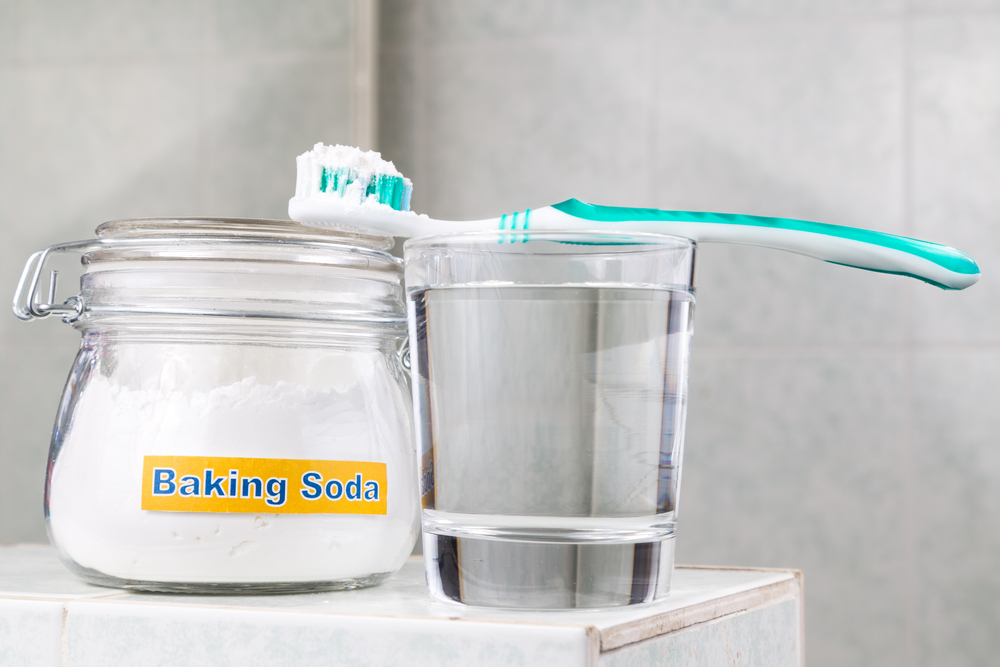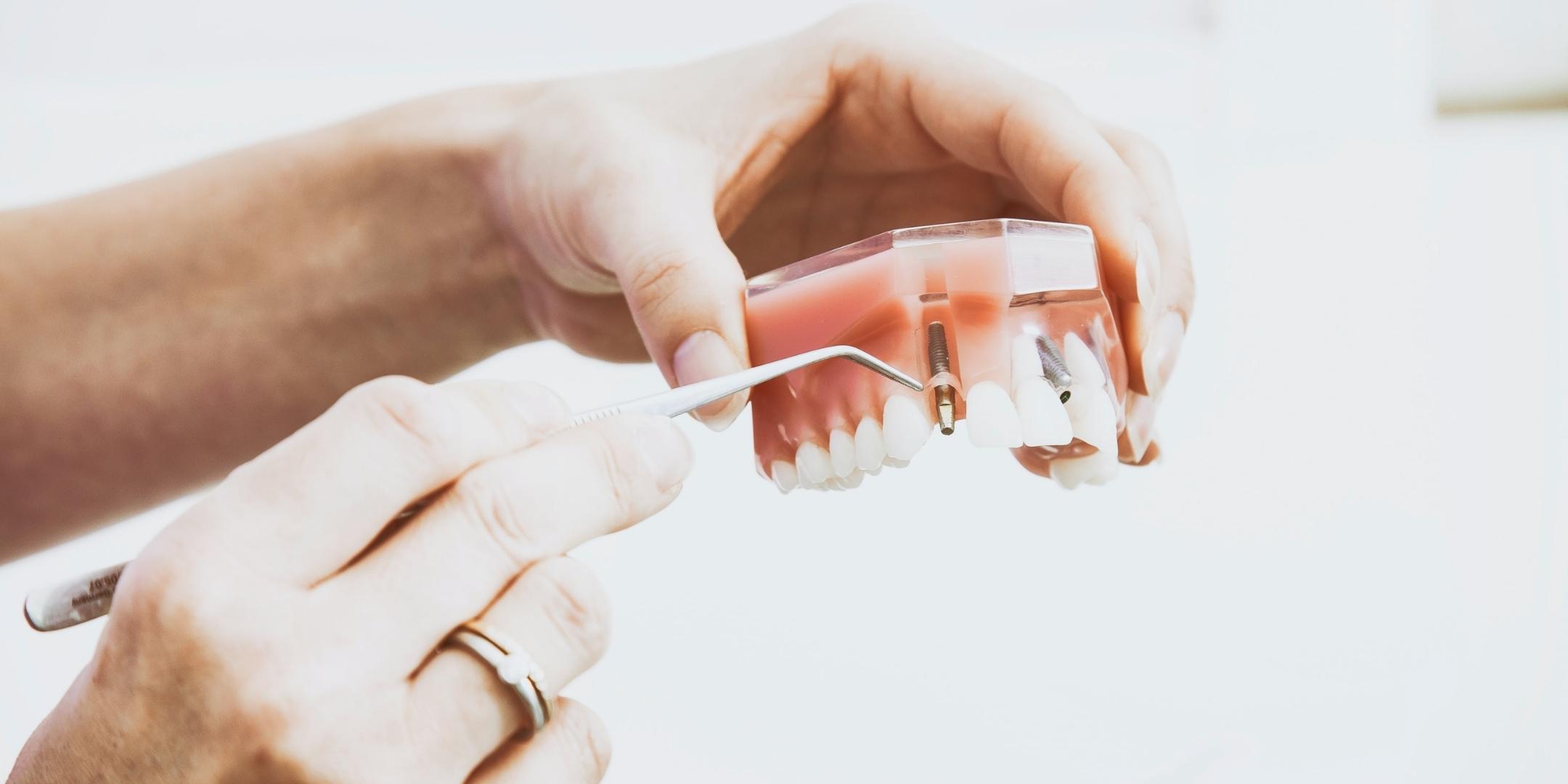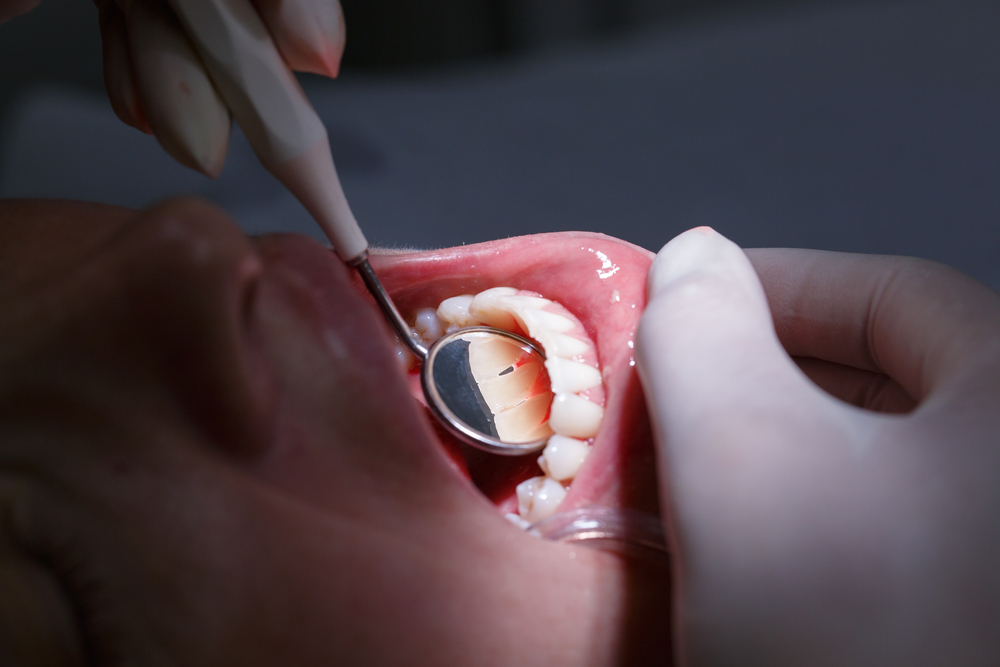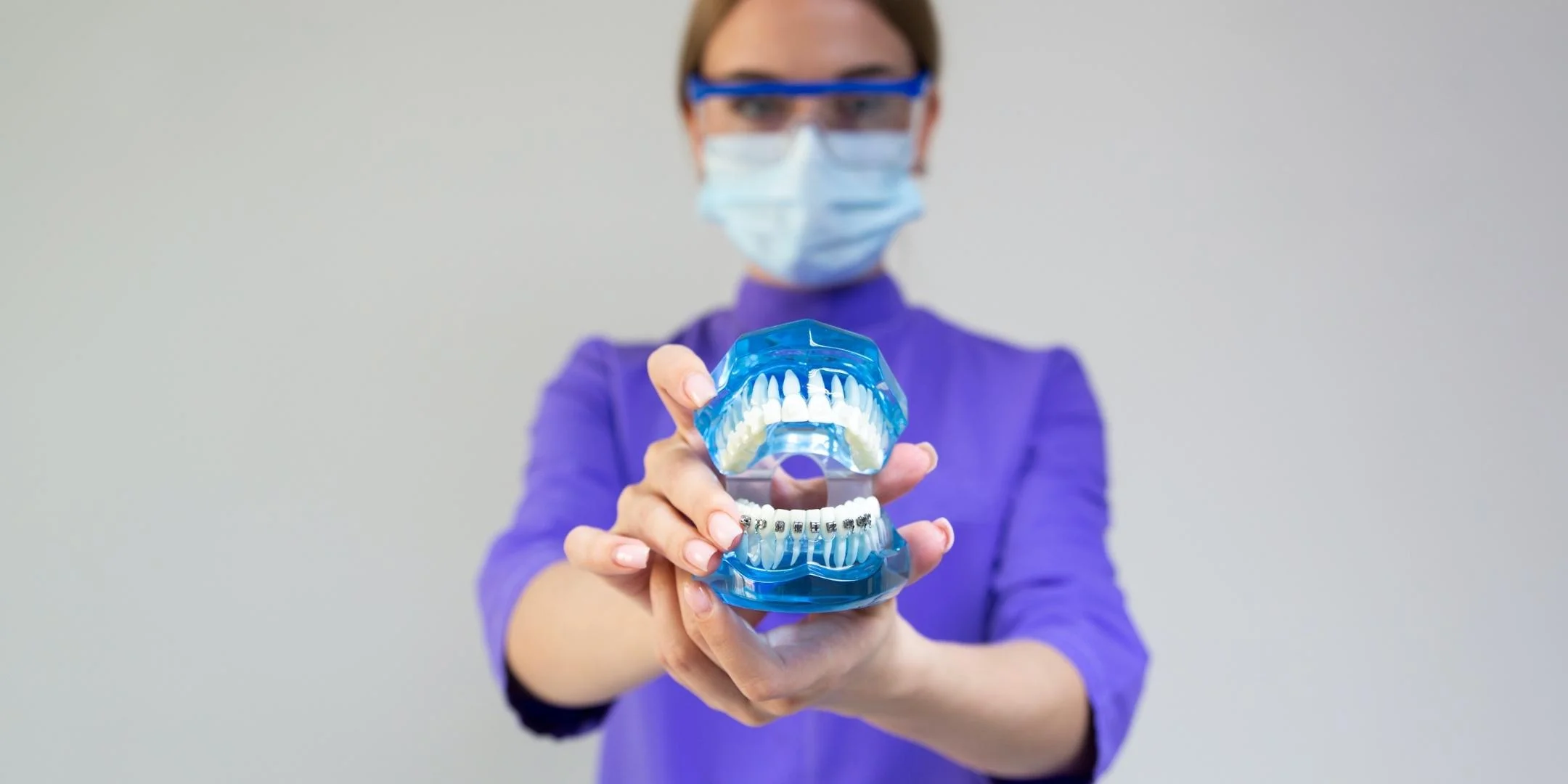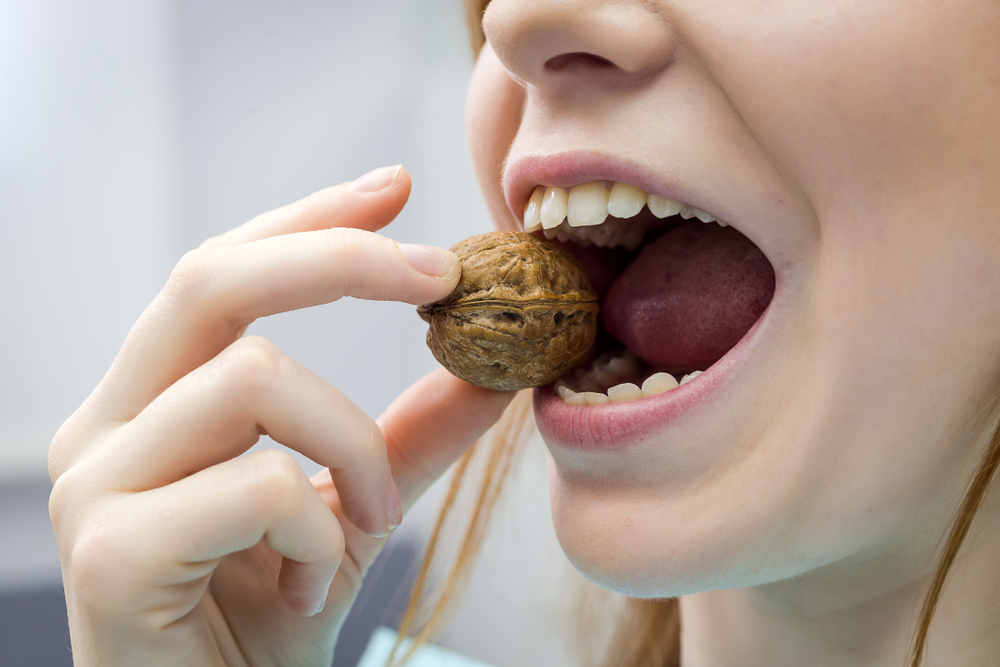- Natural teeth whitening treatments offer an appealing alternative for consumers who are weary of chemical-laden commercial products.
- Some organic teeth whiteners are more effective than others, although none actually work overnight.
- Most dentists do not recommend the DIY route, and warn that home bleaching may in fact do more harm than good.
Has an upcoming special occasion led you to investigate organic teeth whitening options? If so, you may have heard that natural products can deliver results almost instantaneously.
Many health and wellness bloggers claim that DIY concoctions and supplements can help you brighten your smile overnight, while avoiding the side effects generally associated with professional treatments.
We reviewed those claims and spoke with the experts. This is what we found out.
What is ‘Natural’ teeth whitening?
According to the National Institute of Health, natural products include substances such as extracts, vitamins and probiotics. To be categorized as “natural” teeth whitening, formulas should be derived from one of those organic sources.
Typically, natural treatments are performed at home using organic ingredients, whereas store-bought and professional whitening treatments contain high concentrations of hydrogen peroxide or carbamide peroxide bleach.
Some patients report teeth and gum sensitivity after undergoing chemical bleaching treatments. This — and the overall increase in demand for all-organic health products — explains why natural enamel whitening has become so popular.
Using a combination of baking soda, lemon juice, and peroxide is one of the most common approaches.
The three ingredients are mixed together to form a paste, and applied to the teeth with a toothbrush. After gently brushing with the paste for up to 30 seconds, the mixture is left on the teeth for 30 minutes. It is then brushed off to remove the lemon’s acidity.
Another method known as oil pulling involves putting a spoonful of coconut oil in your mouth and swishing it around for 5-20 minutes.
Other strategies include rubbing lemon rinds on your teeth or eating lots of strawberries for an extra dose of vitamin C. Some natural wellness experts also recommend routinely rubbing the teeth with a cloth soaked in apple cider vinegar.
In every case, the end goal is to gently remove tartar, plaque, and stubborn stains.
Do home teeth whitening remedies work?
According to medical research, baking soda can indeed be used to enhance plaque removal. “Baking soda is a well-known household cleaning ingredient, and it has the same effect on your smile,” says Lake in the Hills, IL dentist Dr. Timothy Stirneman.
However, it isn’t particularly effective at whitening teeth — especially not overnight.
In the case of coconut oil pulling, while preliminary studies show this treatment helps prevent oral disease, dentists say it is not known to provide rapid teeth whitening results.
In fact, there is no clinical evidence to suggest that any of the natural products mentioned earlier can significantly brighten the teeth.
“All of these methods are great to maintain oral health, but they will only whiten the teeth by maybe one shade or less,” says Stirneman. “To notice more of a difference, these methods could take up to a month.”
Even then, it is unlikely that the results would be very noticeable. There are also serious risks involved: nearly all home teeth whitening remedies are acidic, and can end up weakening the enamel.
For these reasons, most dentists do not recommend the DIY route — without proper care, bleaching attempts can do more harm than good.
>> Learn more about the best teeth whitening products including kits, whitening strips, toothpastes, and more.
Professional teeth whitening options
If you are looking for quick and effective teeth whitening, the natural method will unfortunately not fit the bill. Here are a few approaches that dental experts recommend.
In-office treatments: results overnight
“You can noticeably whiten your teeth in a day, and the best way to do so is an in-office professional treatment,” says Stirneman.
“Innovative in-office treatments add a protective layer to the gums to minimizes contact of sensitive tissues with teeth whitening agents,” he explains. “Once the layer is placed, the bleaching agent is painted onto the teeth.”
This gel-like whitening agent is made of carbamide peroxide or hydrogen peroxide. Carbamide peroxide is often used because it is less abrasive. The procedure takes about an hour and immediately brightens teeth by up to 5-8 shades.
Dr. David S. Frey, a dentist in Beverly Hills, recommends Zoom Teeth Whitening, an in-office treatment that takes about 90 minutes.
“Zoom Teeth Whitening will achieve results 8-9 times faster than at-home whitening. The concentration of hydrogen peroxide is much higher in-office, which is why the whitening effect can be achieved much faster by a professional,” Frey says.
>> Learn more about professional in-office laser teeth whitening treatments.
Over-the-counter products: results in a few weeks
Whitening strips and gel pens remain the most popular at-home teeth whitening methods. They are relatively inexpensive and after a few applications, most users notice a difference of one or two shades.
Custom teeth whitening trays — another popular option — can be purchased online or in dental clinics, and generally receive positive reviews. According to Stirneman, buying them on the internet can result in significant cost savings.
“When patients buy custom teeth whitening systems from an online retailer, their kit arrives with instructions on how to take dental impressions,” Stirneman says. Once taken, the customer places their impressions in a pre-paid, pre-addressed envelope and mails them to a dental lab.
Sometimes, dental labs may create an imperfect impression, which must then be sent back. New trays are mailed to the customer within one or two weeks, but this delays the whitening process.
In most cases, Stirneman says, these types of treatments take up to 1-3 hours per night to complete and need to be repeated for 1-3 weeks. Patients can expect their teeth to be 5-8 shades whiter. “It is more cost effective than in-office treatments, but it also takes a lot more time and involves a lot of variables,” he notes.
>> Not sure what works best for you? We reviewed the best at-home teeth whitening kits to ensure a brighter smile.
The quest for healthy, white teeth
Stirneman recommends avoiding any foods or beverages that will stain your teeth, such as coffee, tea, and red wine. Preserving your enamel can help avoid the need for teeth whitening treatments later on.
Dentists also caution that white teeth are not synonymous with healthy teeth.
Whether you choose a natural whitening option or a professional treatment, these procedures should be done in moderation. A constant application of acidic whitening tools can erode enamel over time, causing tooth sensitivity when eating hot and cold liquids or acidic foods.
“Whitening the teeth alone won’t help protect the teeth or gums from cavities or diseases, such as gingivitis. While white teeth are certainly a nice thing to have, regular brushing, flossing and professional cleanings are the key to a healthy smile,” Stirneman concludes.





